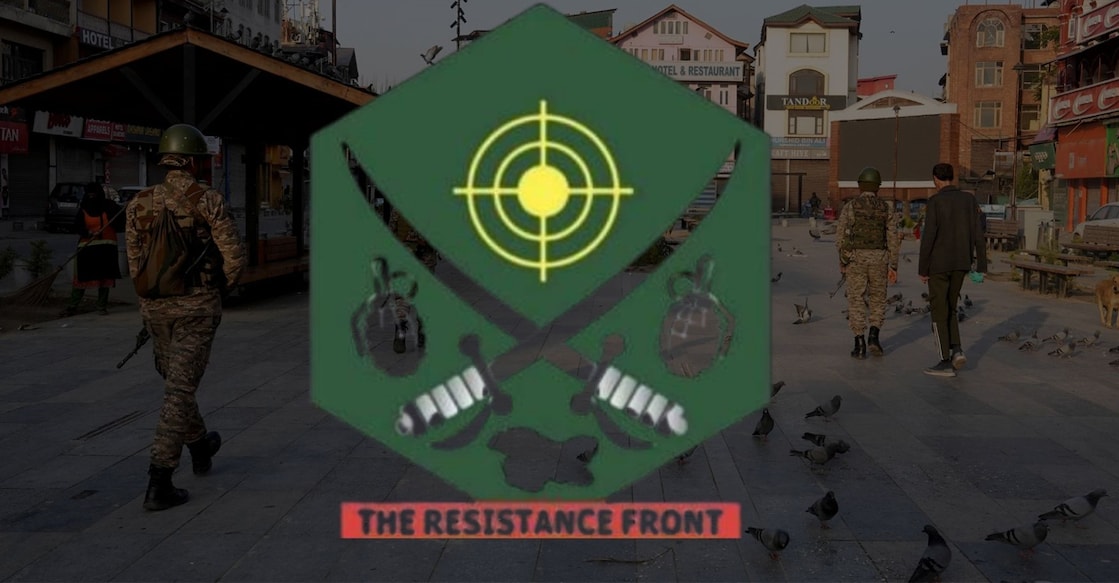Who is TRF, the shadow group of LeT behind the Pahalgam attack?

Mail This Article
At least 26 people were killed and several others injured in what is being described as one of the worst terror attacks in Jammu and Kashmir in recent years. The incident occurred around 2.30pm on Tuesday, when unidentified gunmen opened fire on a group of civilians — most of them tourists — in Pahalgam, South Kashmir.
The attack, marks one of the deadliest terror strikes in the valley since the 2019 Pulwama attack. Chief Minister Omar Abdullah called the incident “much larger than anything we've seen directed at civilians in recent years” and said authorities were still verifying the final number of casualties.
Responsibility for the attack was claimed by The Resistance Front (TRF), an outfit linked to the proscribed Lashkar-e-Taiba (LeT). According to a PTI report, initial investigations suggest that TRF operatives could have infiltrated from Kishtwar and made their way to Baisaran via Kokernag.
The Ministry of Home Affairs (MHA), in a 2023 notification, noted that TRF emerged following the revocation of Jammu and Kashmir’s special status under Article 370 in August 2019. Formed as a hybrid of terror factions including LeT, Tehreek-e-Millat Islamia, and Ghaznavi Hind, TRF has been associated with figures such as Sajid Jatt, Sajjad Gul, and Salim Rehmani, all of whom have ties to LeT.
The MHA observed: “[The TRF] has been involved in planning of killings of security force personnel and innocent civilians of Jammu and Kashmir, co-ordinating and transporting weapons to support proscribed terrorist organisations, recruitment of terrorists, infiltration of terrorists and smuggling of weapons and narcotics from across the border.”
Reports indicate that TRF started off as an internet-based entity allegedly operating out of Karachi. It established a digital footprint through platforms like Telegram, WhatsApp, Facebook, Twitter, TamTam and Chirpwire, leveraging them for indoctrination and terror recruitment.
As per media reports, a senior police official revealed that TRF was floated to deflect international scrutiny, particularly from the Financial Action Task Force (FATF), by giving militancy in Kashmir an indigenous appearance.
“Lashkar and Jaish-e-Mohammad had religious connotations and Pakistan did not want that. They wanted to make Kashmir militancy appear indigenous. Hence, they opted for ‘Resistance’ — that has some currency in global politics — in its name,” the official said. After beginning to claim attacks in 2020, the group and all its associated entities were banned by the Indian government under the Unlawful Activities (Prevention) Act in January 2023.
Prime Minister Narendra Modi, who was in Saudi Arabia at the time of the Pahalgam attack, instructed Union Home Minister Amit Shah to oversee the security response. Shah arrived in Srinagar and was briefed by top officials including Jammu and Kashmir Police DGP Nalin Prabhat, Lieutenant Governor Manoj Sinha, Chief Minister Omar Abdullah, Union Home Secretary Govind Mohan, and Intelligence Bureau Director Tapan Deka. Sources said the Home Minister may visit the site of the attack in Pahalgam on Wednesday.

